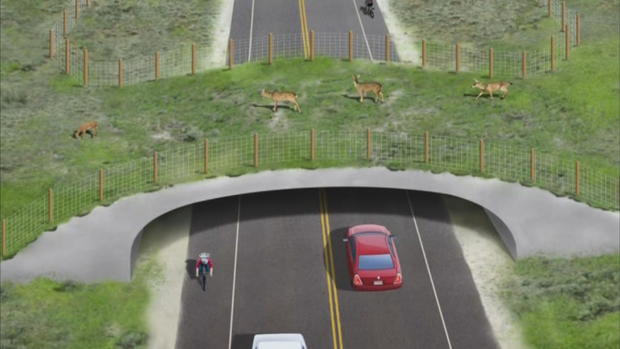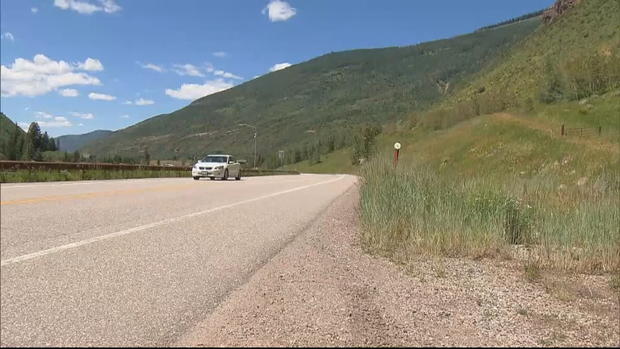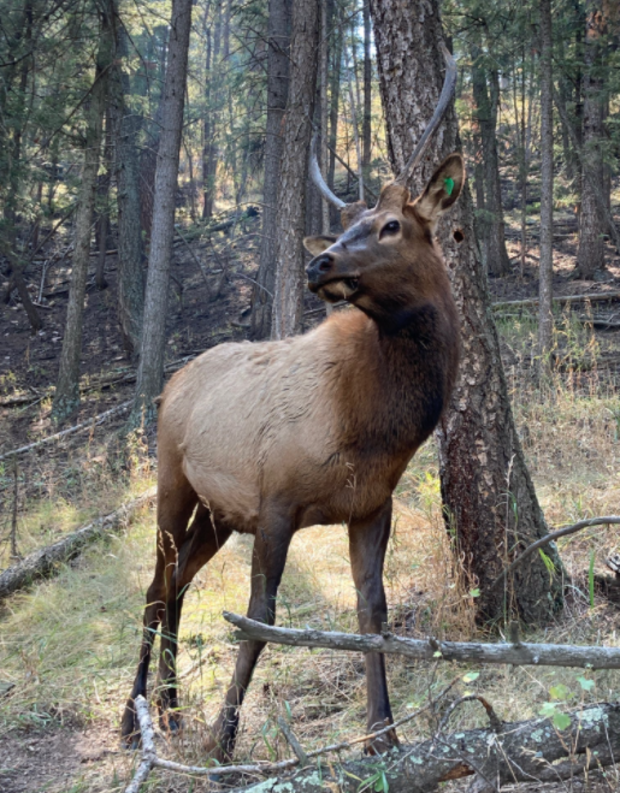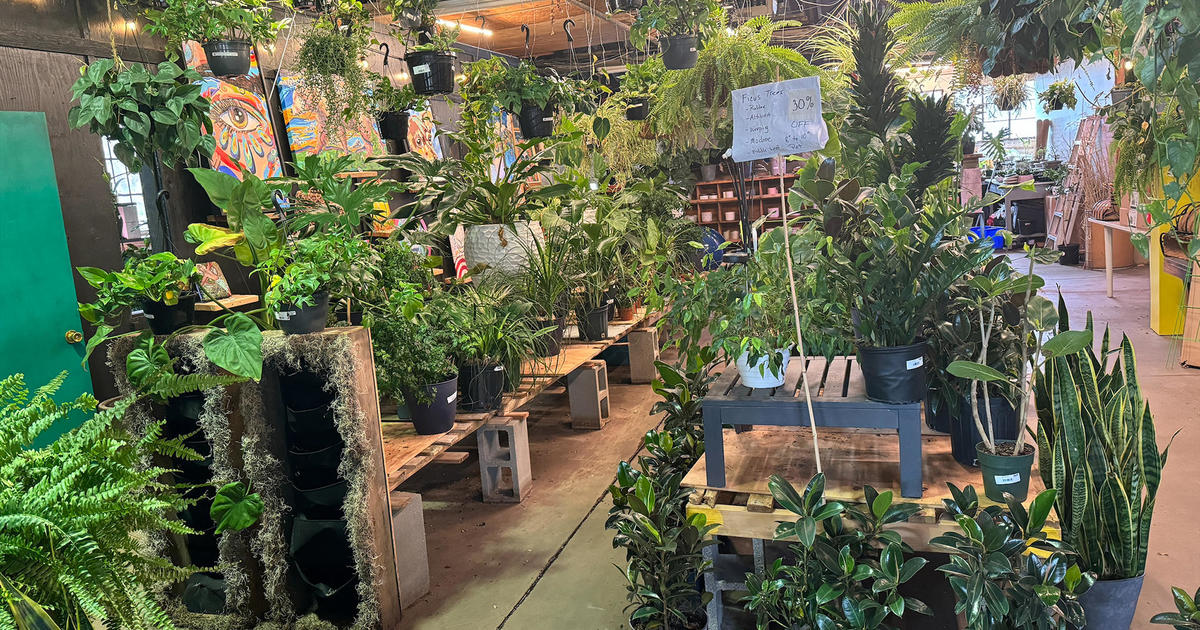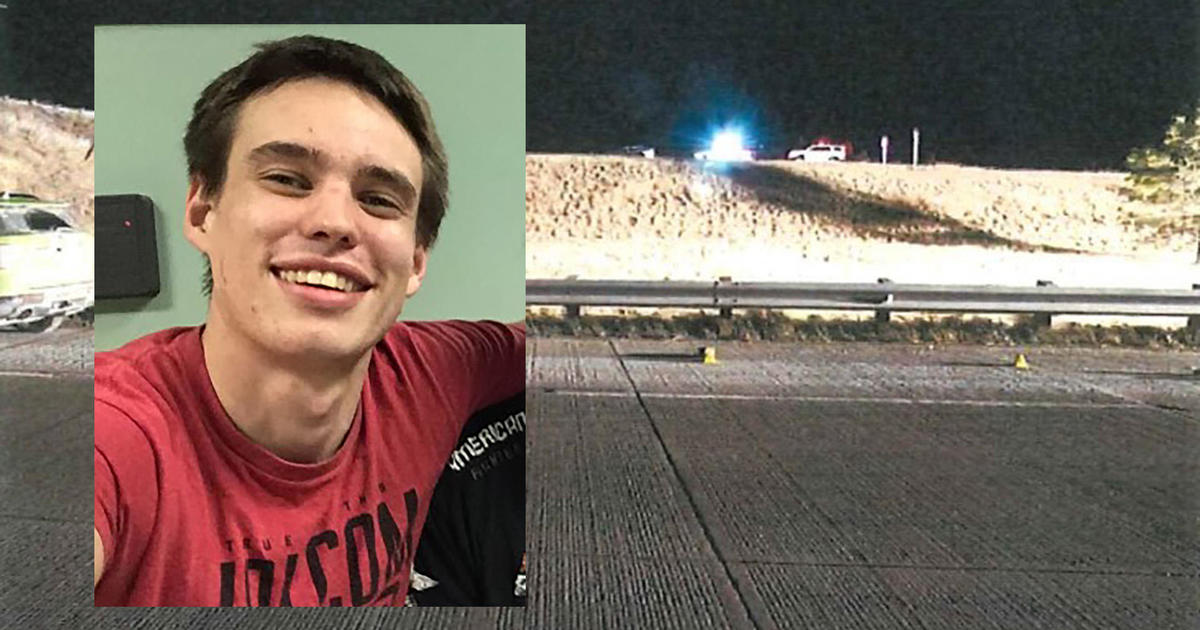Wyoming Pulling Up Next To Colorado At Road Kill Buffet
(CBS4) -- Wyoming's governor signed a bill earlier this month requiring that state's highway and wildlife agencies create rules allowing the processing of animals killed by motorists for consumption.
According to an article in the Jackson Hole News & Guide, Wyoming Gov. Mark Gordon's directive will provide guidelines for the harvesting of "road kill," a term generally describing wildlife that has been fatally struck by vehicles on roadways.
It's an activity already permitted by Colorado and about half of the states in the country.
"We are coming up on the time of year when animals will be migrating quite a bit." Jason Clay of Colorado Parks and Wildlife told CBS4, "in general moving from the lower elevations where they winter up to higher elevations for the summer. Although wildlife underpasses and overpasses are tremendous, there still is a high number of road kills every year."
In Colorado during 2020, 522 animals were reported to the Colorado Department of Transportation as road kill. June and July were were the worst months of the year by far - a total 175 deer died as a result of collisions with vehicular traffic.
Wyoming averages about 3,000 reports of wildlife-vehicle collisions in a year, per Wyoming Department of Transportation Chief Engineer Mark Gillett.
"Montana has been averaging about 1,000 salvage permits a year," Wyoming Game and Fish Chief Game Warden Rick King told the Jackson Hole Daily.
Colorado travelers who fatally strike an animal, or encounter a recently killed carcass, can process the edible meat immediately. But they are required to acquire a permit or road kill "tag" within 48 hours of taking possession of the animal, according to CPW regulations (Article X, #106).
"The permits are good in that it allows the use of the resource instead of wasting the meat," CPW's Clay clarified, "and is a way for people to obtain food when it is salvageable."
Obtaining roadkill for a trophy or other marketable exploits falls under different regulations.
Wyoming authorities have tried in the past to legalize the harvesting of roadkill and remain somewhat skeptical. Officials told the Jackson Hole Daily the new rules may limit the harvesting to daylight hours to promote motorist safety. There is also concern that some drivers, in a form of poaching, may deliberately strike trophy animals.
Wyoming's current regulations read, "If the laws were more liberal, a person who poached a big game animal could claim 'I found it,' or 'It was a road kill.'"
WYDOT's Gillett went so far as to express concern for state staff whose job it is to keep highways clean: "I don't want somebody chasing us down trying to get their animals back."
Grizzly bears, bighorn sheep and mountain goats will likely not be made available in the new harvesting rules.
Wyoming officials plan to present a draft of the new guidelines by July.
Durango resident Matt Kenna told the Durango Herald in 2010 that he processed 150 pounds of meat from a cow elk and saved hundreds of dollars.
"Everybody recognizes what good meat it is, how valuable it is," he said. "I'm just making the best of a bad situation, really."
Kenna told CBS4 Saturday that he has collected meat from roadkill a half dozen times since he moved to Colorado almost 20 years ago. Almost exclusively during fresh snowfall in the winter, too, as "cars can't stop" and the meat is well-preserved in the lower temperatures.
"Oh yeh," Kenna said, "it fills up a chest freezer pretty good."
Colorado tags are obtained by contacting CPW or the Colorado State Patrol.
